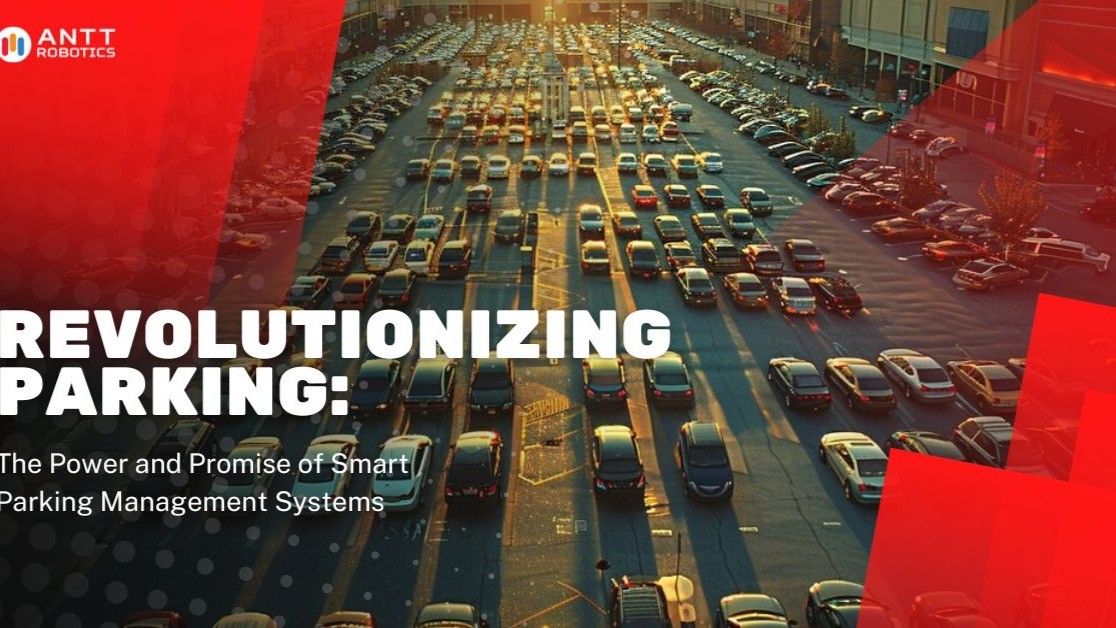Unlocking Efficiency and Convenience: The Rise of Smart Parking Management in the Automotive Industry
As our cities continue to grow and urbanization becomes more prevalent, the challenges of finding convenient parking spaces have become increasingly pressing. The traditional approach to parking management has often been fraught with inefficiencies, leading to wasted time, increased traffic congestion, and unnecessary emissions. However, with the advent of smart parking management solutions, the automotive industry is undergoing a transformative shift towards more efficient, convenient, and sustainable parking practices.
Evolution of Parking Management
In the not-so-distant past, parking management relied heavily on manual processes and outdated technologies. Drivers would circle around parking lots or streets in search of available spaces, leading to frustration and wasted time. Traditional parking systems lacked the sophistication needed to provide real-time information on parking availability, leading to inefficiencies and congestion.
However, with advancements in technology and the proliferation of smart devices, the automotive industry has embraced smart parking management solutions to address these challenges. By leveraging IoT sensors, data analytics, and mobile applications, smart parking systems can now provide drivers with real-time information on parking availability, optimize parking space utilization, and streamline the overall parking experience.
Benefits of Smart Parking Management
The adoption of smart parking management solutions offers a wide range of benefits for both drivers and parking operators. Some of the key advantages include:
– Improved Efficiency: Smart parking systems enable drivers to quickly locate available parking spaces, reducing the time spent searching for parking and minimizing traffic congestion.
– Enhanced User Experience: By providing real-time information on parking availability and enabling online reservations, smart parking systems enhance the overall parking experience for drivers.
– Optimized Space Utilization: Smart parking solutions help parking operators maximize the utilization of parking spaces, leading to increased revenue and reduced operational costs.
– Sustainability: By reducing the time spent searching for parking and minimizing unnecessary driving, smart parking systems contribute to lower emissions and a more sustainable urban environment.
Real-World Scenarios
To illustrate the impact of smart parking management in real-world scenarios, consider the following examples:
1. City Parking: In a bustling city center, traditional parking management often results in congestion and frustration for drivers. By implementing a smart parking system that provides real-time information on parking availability and enables online reservations, the city can reduce traffic congestion, improve air quality, and enhance the overall urban experience for residents and visitors.
2. Shopping Mall: A shopping mall with limited parking spaces can benefit from a smart parking system that optimizes space utilization and provides drivers with information on available parking spots. By streamlining the parking process, the mall can attract more customers, increase revenue, and improve customer satisfaction.
3. Corporate Campus: A large corporate campus with multiple parking lots can leverage smart parking management to efficiently manage employee parking, reduce parking lot congestion, and promote sustainable transportation practices. By implementing a smart parking system, the campus can enhance employee satisfaction, reduce operational costs, and demonstrate a commitment to sustainability.
Current Trends and Future Implications
The adoption of smart parking management solutions is a growing trend in the automotive industry, with increasing investments and innovations in this space. Some of the current trends and future implications of smart parking management include:
– Integration with Smart Cities: Smart parking systems are increasingly being integrated into broader smart city initiatives to improve urban mobility, reduce congestion, and enhance the overall quality of life for city residents.
– Emergence of Autonomous Vehicles: The rise of autonomous vehicles presents new opportunities for smart parking management, with self-driving cars able to autonomously navigate to available parking spaces, reducing the need for human intervention and streamlining the parking process.
– Data-Driven Insights: Smart parking systems generate a wealth of data that can be leveraged to gain valuable insights into parking patterns, user behavior, and operational efficiency. By analyzing this data, parking operators can make informed decisions to optimize parking management strategies and enhance the overall user experience.
To recap: Smart parking management is revolutionizing the way we approach parking in the automotive industry, offering a host of benefits for drivers, parking operators, and city planners. By embracing smart parking solutions, we can unlock efficiency, convenience, and sustainability in our urban environments, paving the way for a more connected and harmonious future.





